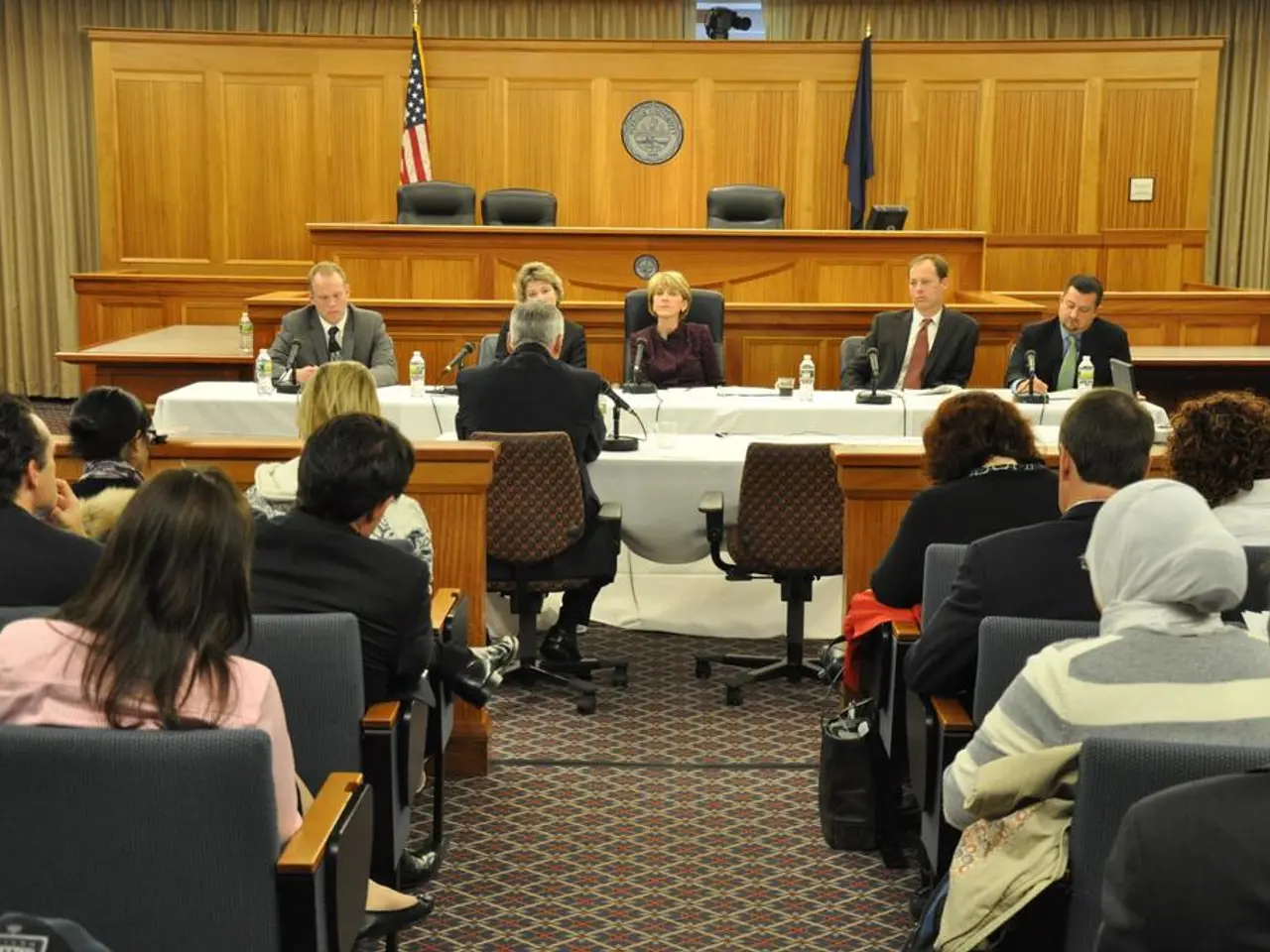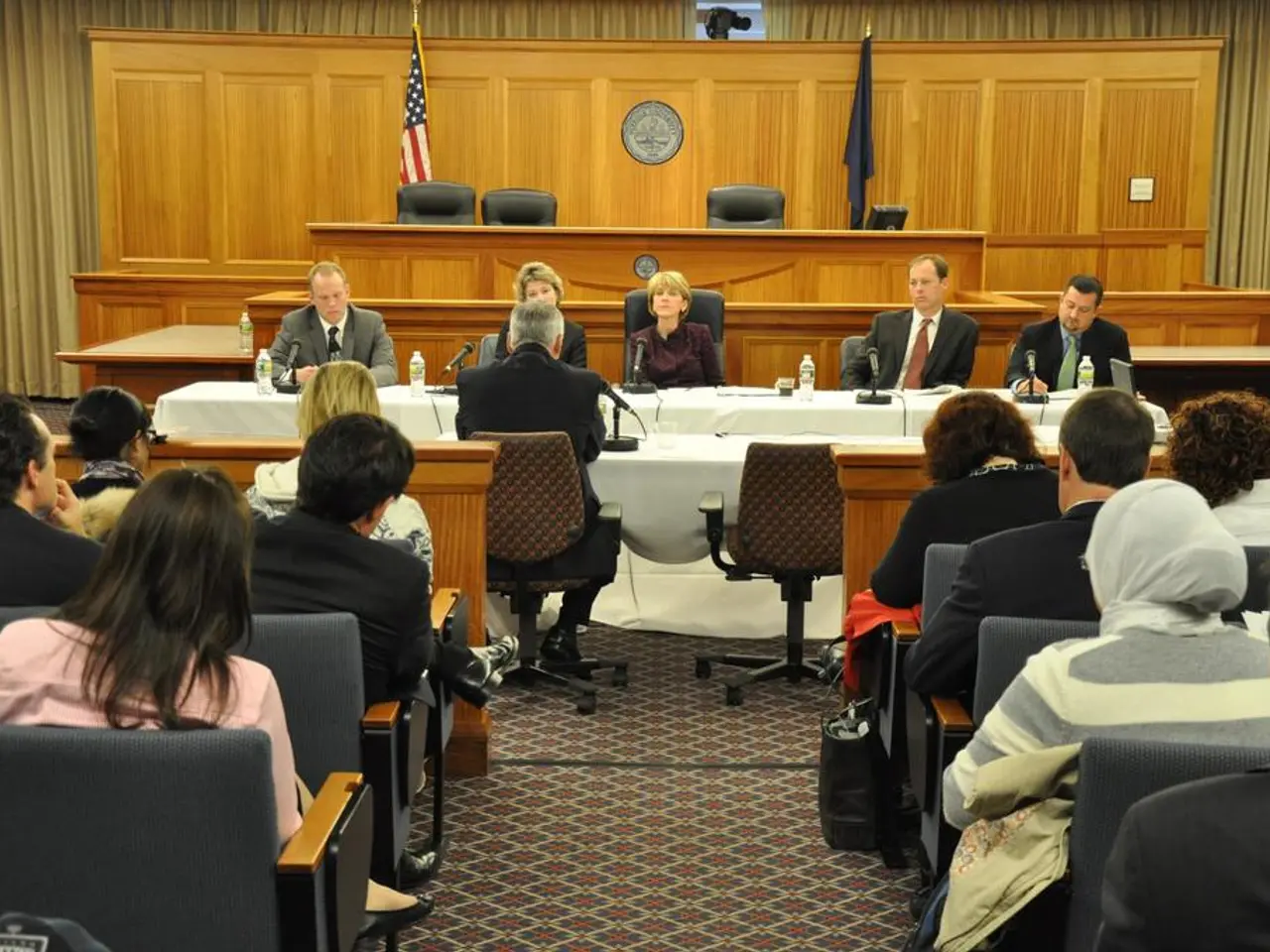Parliament Suspends Refugee Family Reunification
It's no secret that immigration control has become a major concern for the current German government. In a heated debate, the Bundestag has voted to temporarily halt family reunification for refugees with limited protection status, a move that's sparked outrage and jubilation in equal measure.
The decision primarily impacts refugees from Syria and was backed by 444 MPs, including the AfD. Interior Minister Alexander Dobrindt hailed this as a success, stating that it aims to manage and limit immigration. The suspension is predicted to cut down on around 12,000 annual, former yearly entries compared to the old regulations.
The Early Wave
Dobrindt emphasized the need for immigration to have its own limits, a move echoing his earlier statements about the strains on Germany's social, educational, childcare, and housing systems. Previously, family reunification for those with subsidiary protection status was limited to a maximum of 1,000 relatives per month. Moving forward, only in extraordinary cases will spouses, minor children, and parents of unaccompanied minors be allowed entry.
AfD's Stand
The AfD described the coalition's legislative proposal as a small step in the right direction, justifying their support for it. Their parliamentary business manager, Bernd Baumann, cited Dobrindt's adoption of AfD ideas as motivation for this stance.
Critics, such as the Greens, have branded the move as cruel due to the emotional challenges refugees face without their families. The SPD acknowledges this as a challenging topic and suggests that the suspension of family reunification was not a planned party stance.
Pro Asyl's Perspective
The refugee rights organization, Pro Asyl, has pointed out that some affected individuals have been waiting years for their families to join them. They plan to explore legal options to support those affected in suing against potential rights violations. About 400,000 people are currently under subsidiary protection in Germany, meaning they face risks such as torture or capital punishment in their home countries.
As this policy is part of a broader immigration tightening effort under Chancellor Friedrich Merz, expect to see more such debates shape Germany's future. The struggle lies in striking a balance between managing immigration flows and upholding humanitarian principles.
- The community policy, as demonstrated by the decision to suspend family reunification for refugees with limited protection status, has become a focal point in the current German political landscape, influencing debates on employment policies.
- The migration of refugees from Syria and other conflict zones, including war-and-conflicts, has sparked intense discussions on employment policies, particularly the employment policy regarding family reunification.
- The suspension of family reunification for refugees, under the umbrella of general news, has been criticized for its potential impact on crime-and-justice due to the emotional challenges refugees face without their families.





